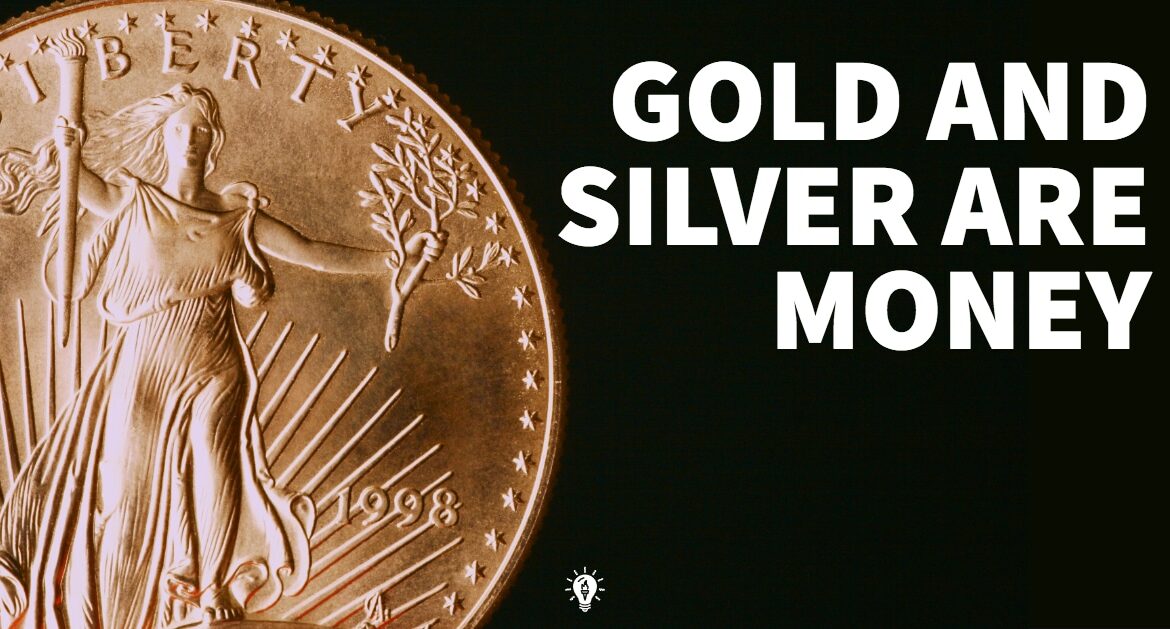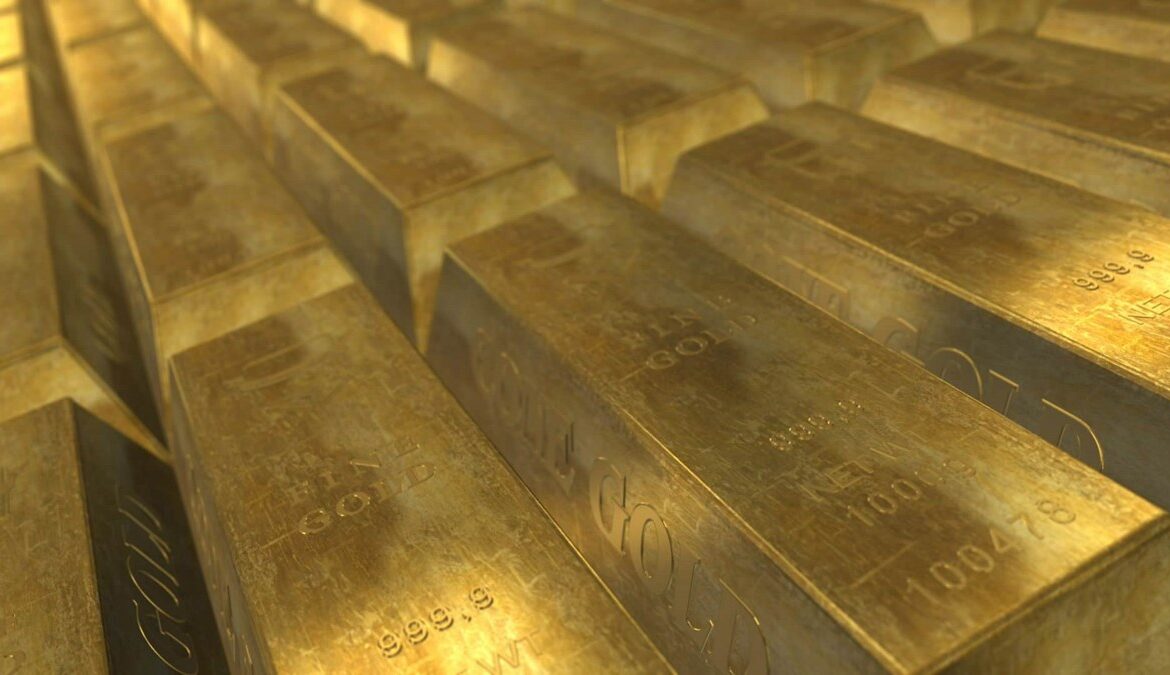COLUMBIA, S.C. (Dec. 16, 2019) – Two bills prefiled in the South Carolina House would take important steps toward treating gold and silver as money instead of commodities and could undermine the Federal Reserves monopoly on money.
Rep. Stewart Jones (R-Laurens) filed both bills.
House Bill 4786 (H4786) would effectively exempt gold, silver and platinum bullion from state capital gains taxes. Passage of this legislation would eliminate a significant barrier to using gold and silver in everyday transactions, a foundational step for people to undermine the Federal Reserve’s monopoly on money.
IN PRACTICE
With the passage of H4786, South Carolina would take a step toward treating gold, silver and platinum as money instead of a commodity. As Sound Money Defense League policy director Jp Cortez testified during a committee hearing on a similar bill in Wyoming in 2018, charging taxes on money itself is beyond the pale.
“In effect, states that collect taxes on purchases of precious metals are inherently saying gold and silver are not money at all.”
Imagine if you asked a grocery clerk to break a $5 bill and he charged you a 35 cent tax. Silly, right? After all, you were only exchanging one form of money for another. But that’s essentially what South Carolina’s capital gains tax on gold and silver bullion does. By eliminating this tax on the exchange of gold and silver, South Carolina would treat specie as money instead of a commodity. This represents a small step toward reestablishing gold and silver as legal tender and breaking down the Fed’s monopoly on money.
“We ought not to tax money – and that’s a good idea. It makes no sense to tax money,” former U.S. Rep. Ron Paul said during testimony in support an Arizona bill that repealed capital gains taxes on gold and silver in that state. “Paper is not money, it’s fraud,” he continued.
GOLD BULLION DEPOSITORY
Stewart also prefiled House Bill 4787 (H4787). This joint resolution would create a study committee to determine the feasibility and efficacy of the establishment of a bullion repository in this state to store gold, silver, and other metals for the state’s reserves and for investments. The committee would be required to issue a report of its findings to the General Assembly by January 15, 2021.
South Carolina has a model it could follow. In the summer of 2015, Texas Gov. Doug Abbot signed a law creating a state gold bullion and precious metal depository in his state. The depository received its first deposits in the summer of 2018. The facility will not only provide a secure place for individuals, businesses, cities, counties, government agencies and even other countries to store gold and other precious metals, the law also creates a mechanism to facilitate the everyday use of gold and silver in transactions. In short, a person will eventually be able to deposit gold or silver – and pay other people through electronic means or checks – in sound money.
A state gold repository also creates an avenue toward financial independence. Countries around the world, including China, Russia and Turkey, have been buying gold to limit their dependence on the U.S. dollar. University of Houston political science professor Brandon Rottinghaus said a state depository can serve a similar function for Texas.
“This is another in a long line of ways to make Texas more self-reliant and less tethered to the federal government. The financial impact is small but the political impact is telling, Many conservatives are interested in returning to the gold standard and circumvent the Federal reserve in whatever small way they can.”
The Tennessee legislature passed a resolution declaring support for the creation of a gold bullion depository in the Volunteer State back in 2016, but never followed up with any legislation. If South Carolina does create a study committee, it would be imperative to follow up with further legislation to actually establish a repository once the report is issued.
Stewart has also prefiled a bill that would make gold and silver coins legal tender in the state.
Repealing taxes on gold and silver, and creating institutions that facilitate the use of sound money creates the possibility of currency competition and could ultimately undermine the Federal Reserve’s monopoly on money. Constitutional tender expert Professor William Greene wrote that when people in multiple states actually start using gold and silver instead of Federal Reserve Notes, it could create a “reverse Gresham’s effect,” drive out bad money, effectively nullify the Federal Reserve, and end the federal government’s monopoly on money.
“Over time, as residents of the state use both Federal Reserve notes and silver and gold coins, the fact that the coins hold their value more than Federal Reserve notes do will lead to a “reverse Gresham’s Law” effect, where good money (gold and silver coins) will drive out bad money (Federal Reserve notes). As this happens, a cascade of events can begin to occur, including the flow of real wealth toward the state’s treasury, an influx of banking business from outside of the state – as people in other states carry out their desire to bank with sound money – and an eventual outcry against the use of Federal Reserve notes for any transactions.”
Once things get to that point, Federal Reserve notes would become largely unwanted and irrelevant for ordinary people. Nullifying the Fed on a state by state level is what will get us there.
WHAT’S NEXT
H4786 and 4787 will be officially introduced and referred to the House Committee on Ways and Means when the regular session adjourns on Jan. 13, 2020. They will have to pass committee by a majority vote before moving forward in the legislative process.
Originally appeared in Tenth Amendment Center.



